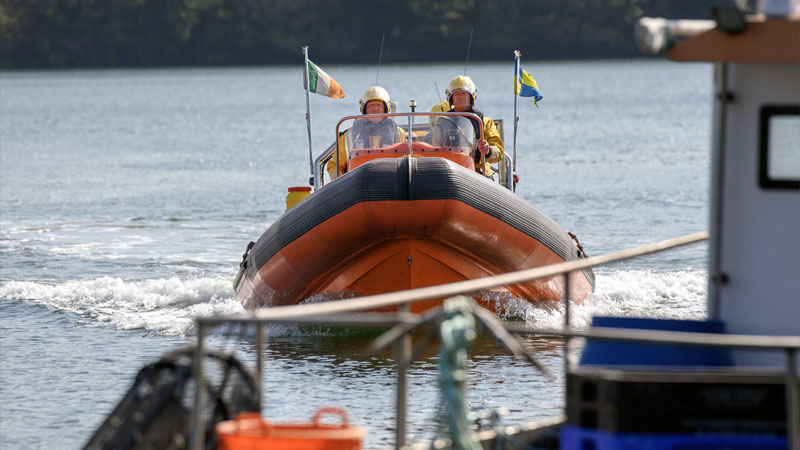Exclusive content

Gerald Sharkey from Clogherhead, Ireland, has been fined EUR 30,000 (USD 32.46 thousand) after admitting to fishing 200 percent more high-value prawns than his quota allowed and under-reporting his catch. The judgment was delivered this week at Dundalk Circuit Court, highlighting the importance of adhering to fishing regulations to protect vulnerable prawn stocks.
Violation of Fishing Regulations
The Sea-Fisheries Protection Authority (SFPA) brought the case against Sharkey after an inspection of his boat, Saint Catherine Laboure, in May and June 2017. The boat was operating in the regulated fishing grounds known as FU16, where prawn stocks are particularly vulnerable. During the inspection, the SFPA found that Sharkey had recorded large quantities of his catch outside the regulated area, despite evidence showing his boat spent most of its time fishing within FU16. This discrepancy suggested an attempt to circumvent the stricter quotas in place for that area.
Nephrops, or prawns, from FU16 off Ireland’s west coast, are subject to stricter quotas due to their high value and the need to protect these vulnerable stocks. The court emphasized the necessity of catch limits to ensure the sustainability of fishery stocks for future generations. The breach was described as a “serious offence,” highlighting the stringent controls and penalties in place to prevent economic gain from violating ecological regulations.
Penalties and Fines
As a result of his actions, Sharkey was fined EUR 20,000 and ordered to forfeit EUR 10,000 from the value of his catch. This significant financial penalty underscores the seriousness with which these regulations are enforced and the consequences of non-compliance.
An SFPA spokesperson highlighted the importance of accurate logbook recording and adherence to catch limits. “Compliance with the requirements for accurate logbook recording and fishing within applicable catch limits are key to the sustainability of fishing for fishing communities,” the spokesperson stated. They further emphasized that accurate reporting is crucial for assessing catch levels and managing limits to ensure the long-term sustainability of prawn stocks.
Regulatory Effectiveness and Conservation
The SFPA praised the Sea-Fisheries Protection Officers involved in the investigation for their thorough work. They reiterated the importance of regulatory measures in preventing stock depletion, which has previously occurred in the FU16 area. The effectiveness of these regulations is vital for conserving prawn stocks and maintaining the balance necessary for sustainable fishing practices.